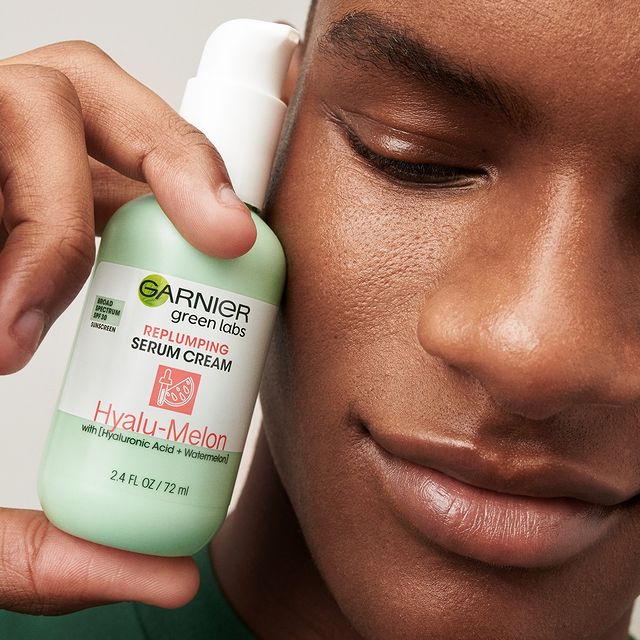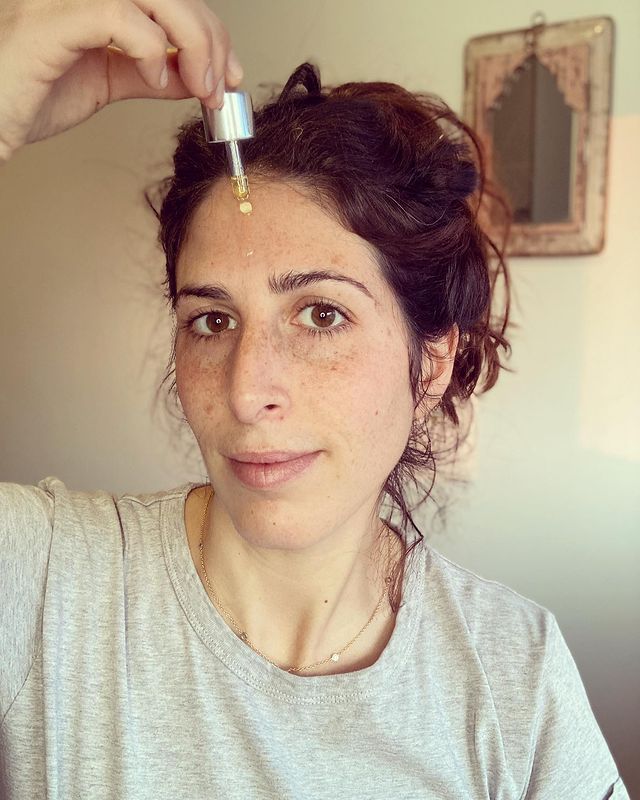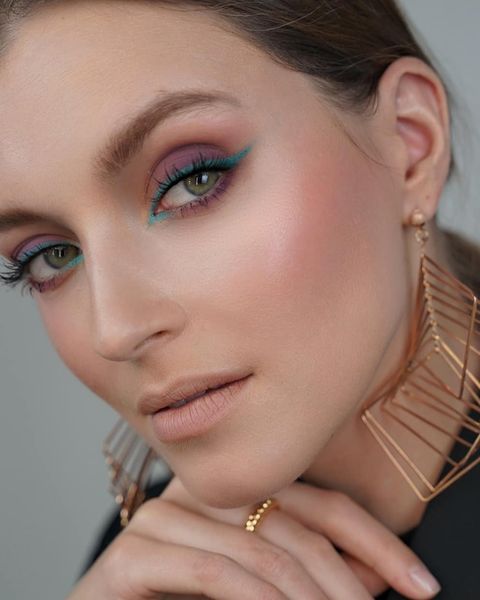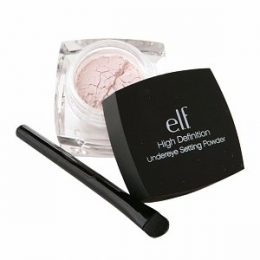Serums provide a potent dose of antioxidants essential for healthy, young-looking skin. You might have tried several skincare products, but adding a face serum in your daily regime can help you achieve your desired results!

What is a face serum?
A serum is a product that releases concentrated amounts of active ingredients into your skin to target specific skin concerns. These may include skin discoloration, dullness, wrinkles, and acne. The higher the concentration of active ingredients that are present in the serum, the faster the serum can penetrate the skin.
Do you really need a face serum?

Your skin needs essential nutrients to brighten your complexion, fight wrinkles, and maintain hydration. A face serum can target a wide range of skin concerns, although the effects won’t be similar to every user.
Remember, there’s no such thing as a one-size-fits-all skincare product. The results will depend on your skin type and skin concerns, not to mention that your skin may react to some ingredients.
To get the most out of serums, you need to know which active ingredients are best for your skin type.

Acne-Prone Skin
1. Salicylic acid
Also known as BHA (beta hydroxy acid), salicylic acid is a standard ingredient for oily, acne-prone skin. It aids in exfoliation and keeps the pores clean by penetrating the skin and dissolving the substances that clog the pores, such as dead skin cells.
2. Alpha hydroxy acids
Alpha hydroxy acids or AHAs are mainly used as a skin exfoliant. AHAs help remove dead skin cells leading to skin replenishment. The faster this happens, the faster the breakouts will heal.
3. Benzoyl peroxide
Benzoyl peroxide works by treating and preventing the emergence of acne as it kills acne-causing bacteria under the skin. When applied topically, it helps the pores shed dead skin cells and, at the same time, remove excess oil. It is often used for mild to moderate acne.
4. Sulfur
This ingredient works similarly to benzoyl peroxide and salicylic acid but is gentler to the skin. Sulfur dries out the skin and absorbs excess sebum that can clog the pores, making it helpful in preventing breakouts.
Dry Skin
1. Hyaluronic acid
Hyaluronic acid is a sugar molecule naturally occurring in the body and keeps the skin moisturized. Also known as hyaluronan, it attracts moisture on the skin’s surface, giving it a plumper and dewier appearance.
2. Glycerin
One of the most common skincare ingredients, glycerin, works similarly to hyaluronic acid. It also pulls moisture out of the deeper layers of the skin or from the atmosphere. However, it is considered more effective in retaining moisture than other ingredients similar to it.
3. Panthenol
Panthenol, which is a substance made from Vitamin B5, is known for its properties that enhance the skin’s elasticity, hydration, and appearance. As a humectant, it moisturizes the skin and seals the skin’s protective barrier to prevent water loss. This ingredient also soothes inflammation, red skin, and minor cuts.
4. Niacinamide
It is a form of the essential nutrient Vitamin B3. Niacinamide’s mechanism helps build proteins and seals the barrier of the skin to keep the moisture inside. Once applied to the skin, it helps prevent any damage caused by environmental factors.
Oily Skin
1. Niacinamide
The benefits of using niacinamide are not only limited to moisturizing the skin. Niacinamide also regulates sebum production and reduces inflammation. It rebuilds healthy skin cells while protecting the skin from ultraviolet rays. This ingredient also significantly diminishes the appearance of large pores.
2. Retinol
An example of a retinoid is retinol. This substance increases the speed of cell turnover on the outermost layer of the skin. It also helps exfoliate old skin cells, which can clog the pores. When used for an extended period, retinol can increase the production of collagen and elastin. Its ability to build collagen and keep pores tight limits the oil released onto the skin.
3. Hyaluronic acid
When you are experiencing oily skin, keeping it hydrated and moisturized is a must since having dry skin causes the glands to produce more oil to compensate for lack of moisture. Hyaluronic acid is an excellent ingredient that “trains” the glands not to make excessive oil because the skin has enough water in it.
Acne-prone skin and oily skin usually have the same ingredients since having oily skin can make you prone to acne breakouts.
Combination Skin
1. Vitamin C
This ingredient has antioxidant properties that can help the skin’s regeneration process. Vitamin C prevents and reduces damage in the skin cells and even slows down their aging. It increases the production of collagen that keeps the skin elastic. Another benefit of using Vitamin C as an ingredient is that it inhibits melanin production, which is what causes skin discoloration.
2. Hyaluronic acid
Again, hyaluronic acid moisturizes the skin and helps reduce the appearance of fine lines and wrinkles. Hyaluronic acid also reduces the appearance of enlarged pores and discoloration.
3. B Vitamins
The beauty industry hails the anti-aging qualities of B vitamins, which include thiamin, riboflavin, niacin, pantothenic acid, Vitamin B-6, biotin, folate, and Vitamin B-12. Also called vitamin B complex, they counterattack the adverse effects of free radicals on the skin. By reducing the unsightly effects, the skin appearance will improve.
Normal Skin
If you have this skin type, you don’t have to worry too much about possible irritations. You can try different types of serum to address your specific skin worries! Any serum may work for you.
Serums for Your Skin

There are various serums for different skin problems, and it is best to identify your skin type first before buying a serum. If you wish to address multiple concerns, you can choose from several active ingredients with many skin benefits. However, keep in mind that this may not work for you even if it is effective for other people. Other factors can contribute to the effects of skin products on your skin.
Another gentle reminder—always do a patch test first before indulging your skin in new face serums! This will help you avoid experiencing severe consequences from any potential possible allergic reactions.
If you are unsure what to use or want some professional advice in choosing a face serum, consult with a dermatologist first.
Author: Penelope Martinez

